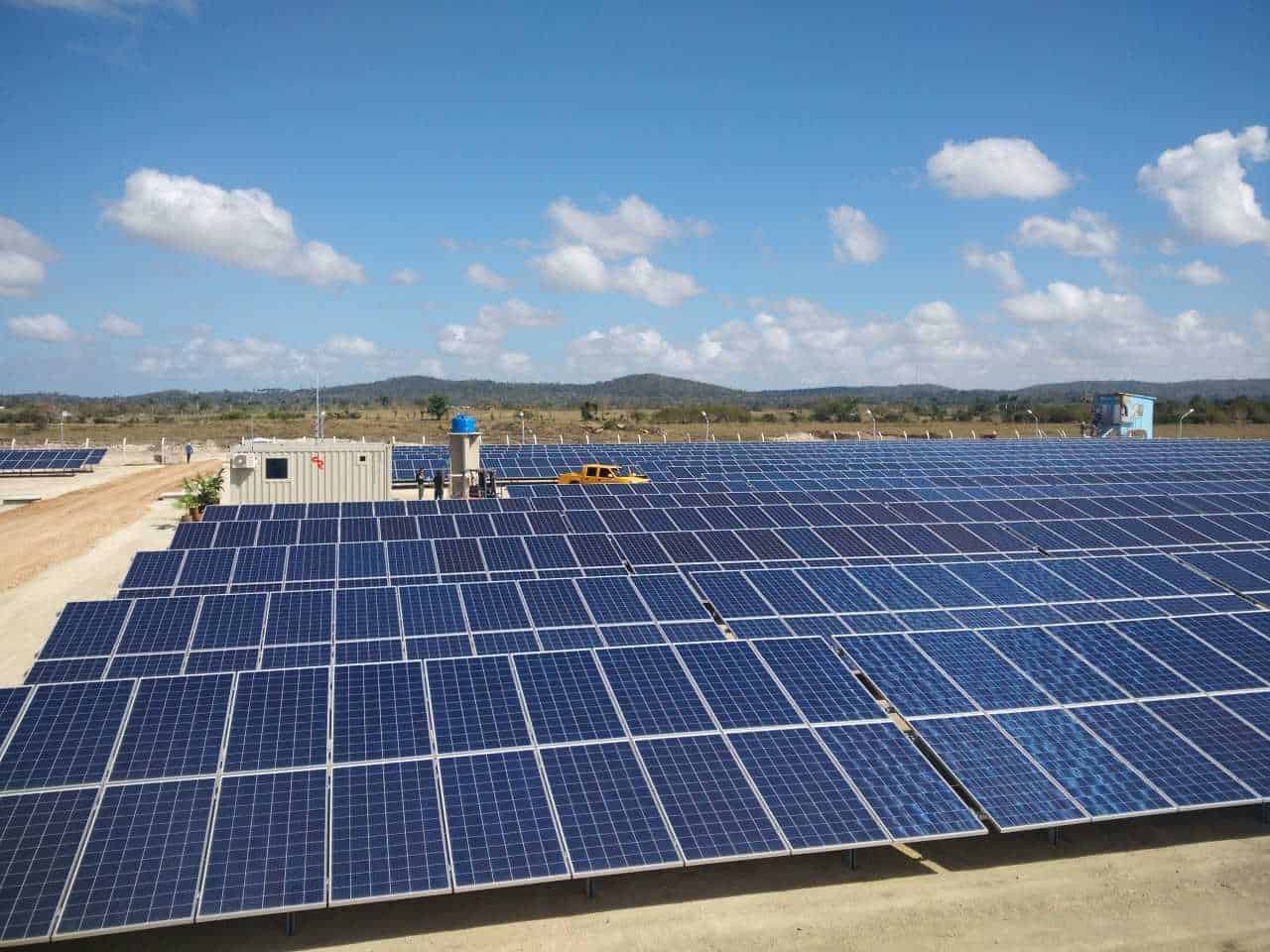Dubai, UAE — Despite their status as significant oil and gas producers, GCC countries have an opportunity to help the world get closer to its net-zero ambitions.
GCC governments can access substantial financial and natural resources, including some of the world’s lowest carbon-content fuels. As a result, the Gulf Arab states have enormous potential, but they must first methodically identify and address the many obstacles standing in their way of reaching net zero.
TRENDS asked its followers on Twitter, “Which GCC nation do you think will be the first to achieve net zero?”
The majority (59 percent) said Saudi Arabia will achieve the target first, followed by the UAE (24 percent) and Qatar (11 percent).
The rest (6 percent) voted for other GCC countries.
Most respondents were men (60.2 percent), while only 39.2 percent were females.
On the other hand, 87.9 percent of the poll respondents were from Saudi Arabia, 7.1 percent from the UAE, 1.7 percent from Qatar and Lebanon and only 1.6 percent voted from Bahrain.
While 50 percent of the respondents were in the 20-29 year age group, 39.1 percent were between 30 and 39 years, 7.6 between 40 and 49 years and only 3.2 percent were above 50 years old.
Investments and measures to reduce carbon emissions in the energy sector have progressed significantly throughout the Gulf states. However, there is a considerable difference between the current magnitude of these achievements and where the countries hope to be in a net-zero future.
Carbon capture hubs
Saudi Arabia, Qatar and the UAE are home to three of the world’s most significant carbon capture and storage (CCS) facilities, accounting for around 10 percent of the world’s annual CO2 collection at 3.7 million tons per annum (mtpa).
Qatar aims to capture seven mtpa by 2030, the UAE five mtpa and Saudi Arabia aims to grab 44 mtpa by 2035.
Oman and the Abu Dhabi National Oil Company (ADNOC) of the UAE have set a target of 1 mtpa of green hydrogen output by 2030, while Qatar has set a target of 1.2 mtpa of blue ammonia output by 2026.
Increase renewable energy generation
The current size of renewable energy generation is less than 1 GW, which is much below what is required to reach the set targets, assuming these projects will run on renewable energy.
The production of 1 million tons of hydrogen is expected to necessitate 6-9 GW of electrolysis capacity, running at 75 percent efficiency for 5,000 hours per year, and 10-16 GW of renewable energy capacity. To achieve the region’s hydrogen goals, renewable energy generation in the GCC must increase to between 40 and 60 GW by 2030.
Role of sovereign wealth funds
Sovereign wealth funds in the region have also been instrumental in green investment promotion. For example, the Public Investment Fund (PIF) of Saudi Arabia created a Green Finance Framework in 2022 to facilitate the financing and refinancing of environmental activities for the years 2021–2025.
With an initial $3 billion tranche in 2022 and a larger $5.5 billion this year, the PIF has issued two green bonds — a financing instrument designed to raise money for climate and environmental projects that comply with environmental, social, and governance requirements.
Green investments in Neom, the Saudi Green Initiative, and the kingdom’s net-zero targets are all part of Saudi Arabia’s green strategy, which is meant to be bolstered by issuing green bonds.
GCC countries should begin establishing and diversifying climate finance instruments dedicated to tackling climate mitigation and adaptation goals in light of the possibility that an oil-based economic model may not be as feasible in a net-zero future as it is today.








